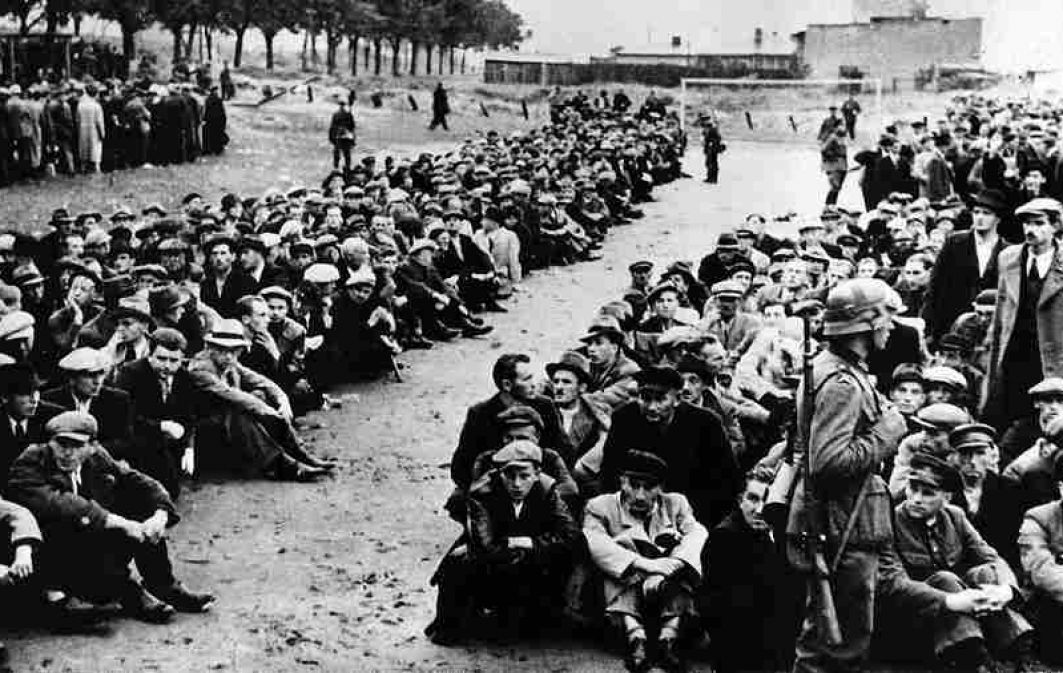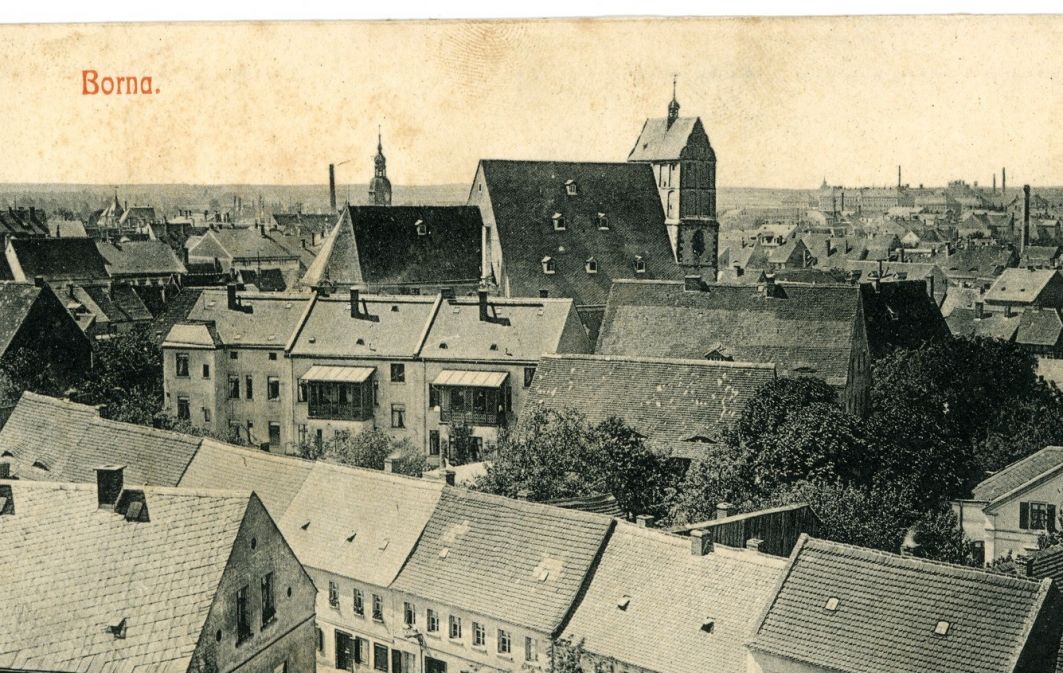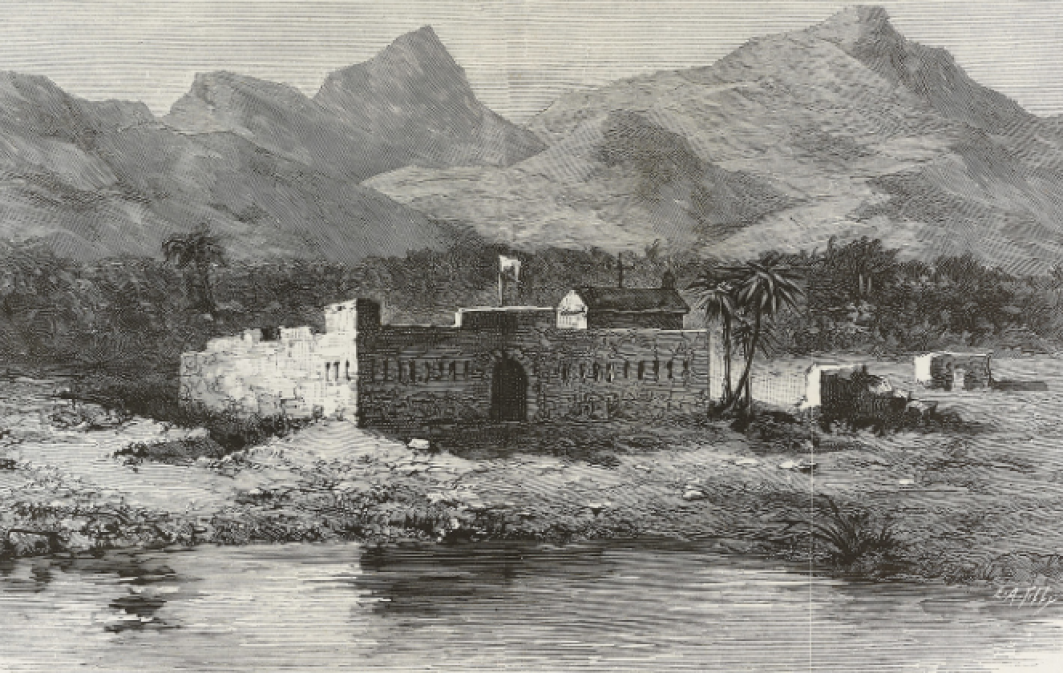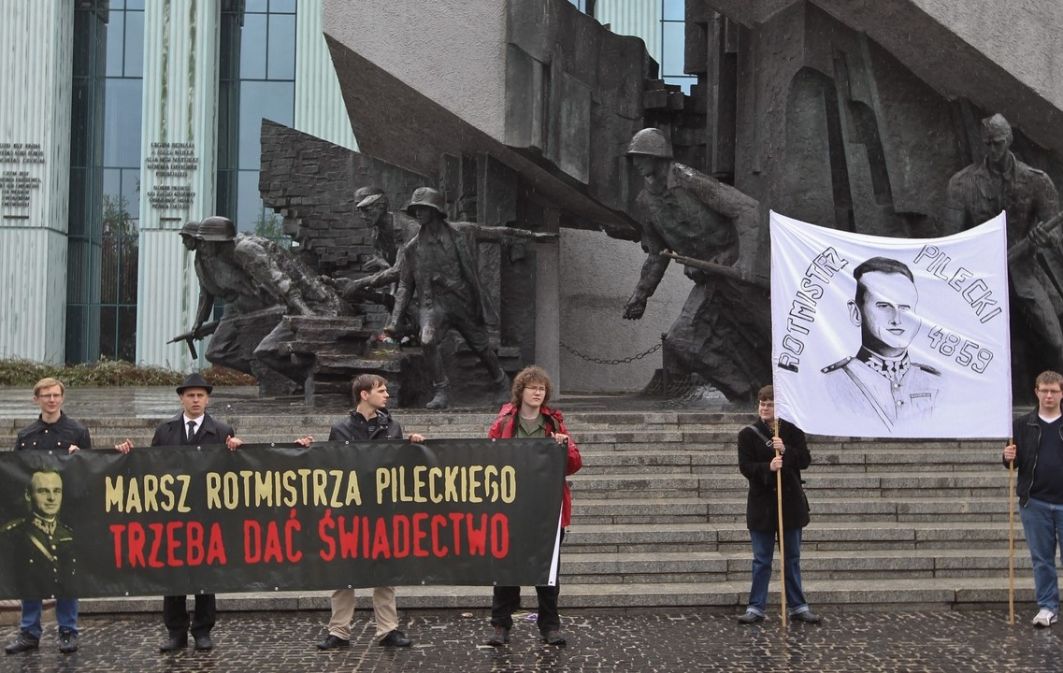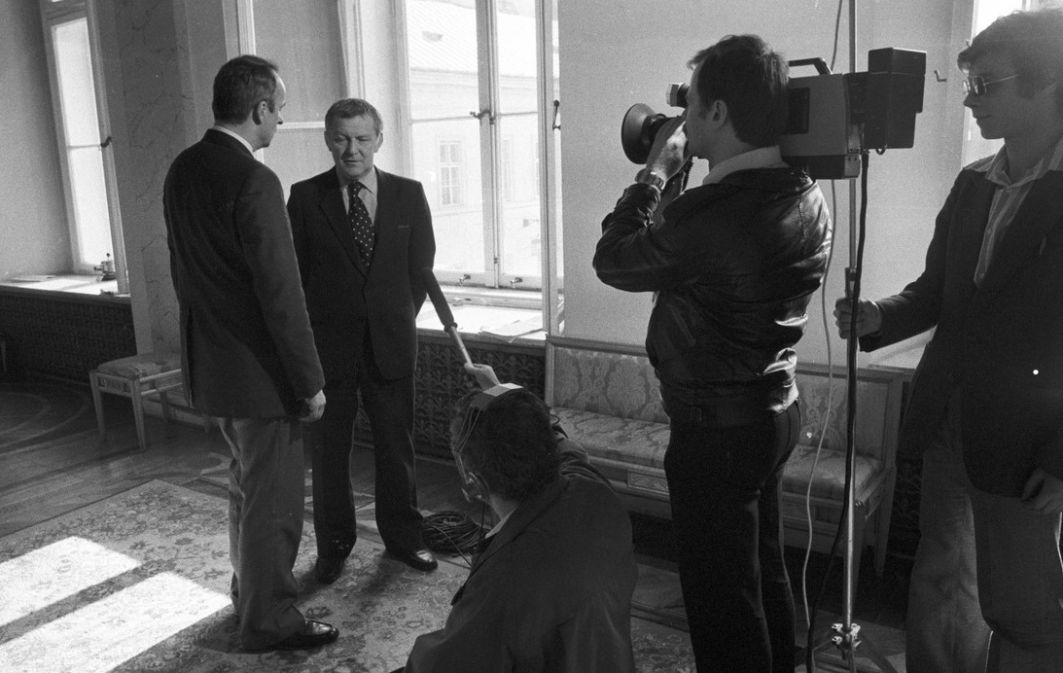It was much more difficult to find grey areas in which it was possible to survive without having to collaborate. Every simple life choice could have irreversible consequences for the individual and his or her loved ones – not only strictly political actions but also, for example, the practice of religion.
“Entering into a dispute with the authorities means, in our state, that in addition to me personally, my entire family up to the third generation and all my friends who do not manage to disown me publicly enter into it. It will be a long, exhausting, exhausting and – by human standards – hopeless dispute,” wrote Václav Benda, who, like Šustrová was one of the spokespeople for Charter 77 and co-founders of the Czech VONS – Committee for the Defence of the Unjustly Prosecuted – in January 1978. And Šustrová recounted: “I read the files of the security service about me. There were accounts of individual days of my life. They always started with me going to the kindergarten with my children, and then picking them up. And so on, I imagined myself dragging my children and carrying heavy shopping bags, and them always following me, step by step. It made me sick.”
 SIGN UP TO OUR PAGE
SIGN UP TO OUR PAGE 
Czech dissidents who chose to fight for freedom consciously paid the price, which included exclusion and isolation. They worked as stokers in boiler rooms or cleaners (this was the case of Petruška Šustrova). Or they cleaned windows, like the later Cardinal and Archbishop of Prague, Miloslav Vlk, who later recounted how, in the intervals between one shop window and the next, he confessed by sitting in the courtyard on an upturned bucket.
The intimate, familial nature of Czech dissidents also stemmed from this. In the absence of any other space for freedom, it often took place at the level of families. In Prague itself, the dissident movement was largely an archipelago of dozens of flats that served as meeting places and hiding places for anyone who needed asylum. It was in such tiny “republics of words” – albeit under the constant and highly oppressive gaze of the secret police – that free debate and spiritual freedom flourished.
In such a situation, it is no wonder that the history of the Czech road to freedom is full of strong female heroes who were the cornerstones of these domestic “republics” – engaging politically on the one hand and running a home and raising children on the other. A few weeks ago, we said laid one of them to rest. Dana Němcová, a mother of seven, a psychologist by profession, who likewise earned her living as a cleaner. Petruška Šustrová managed to raise five children of her own (with four different husbands, we should add). Kamila, the wife of the creator of the concept of the “parallel polis” Vaclav Benda, also had five children.
And the Polish reflection on the Czech dissident movement must not overlook Anna Šabatová, the originator of the Polish-Czech border meetings, in whose flat the idea of Polish-Czechoslovak Solidarity was later born. Their houses, by the way, all located in the Prague 2 district – New Town and Vinohrady – provided a stable point of reference and a safe refuge for all independent circles.
The word dissident also aptly characterises the predominance of the moral element over politics within the Czech opposition. The primary objective was the struggle for the individual's right to a dignified life rather than political change, which under Czechoslovak conditions appeared as an illusion. Paradoxically, however, after the fall of the regime, it was a small group of Czech dissidents, armed with ethical principles and hardened by life on the margins of society, who built the foundations of a political system that broke with the communist past in a much more unequivocal way than the mass Polish opposition did.
It was then that Petruška Šustrová once again found herself on the front line – in her role as Deputy Interior Minister, carrying out the vetting of employees of the former security services or preparing the vetting law. She was one of the people directly responsible for many elements of Czech decommunisation.
The pillar of the Czech reckoning was their unequivocal moral judgement, which was enshrined in a laconic law of November 13, 1991 (480/1991) stating that “in the years 1948-1989, the communist regime violated human rights and its own laws”, later supplemented by the “Law on the Unlawfulness of the Communist Regime and Resistance to it” of 9 July 1993 (198/1993). In its preamble, it expresses the belief that “the freely elected parliament has a duty to hold the period of communism to account” and goes on to hold the Communist Party of Czechoslovakia and its members responsible for “the planned destruction of the traditional values of European civilisation, the violation of fundamental rights and freedoms, moral and economic decline” or “the devastation of the environment”.
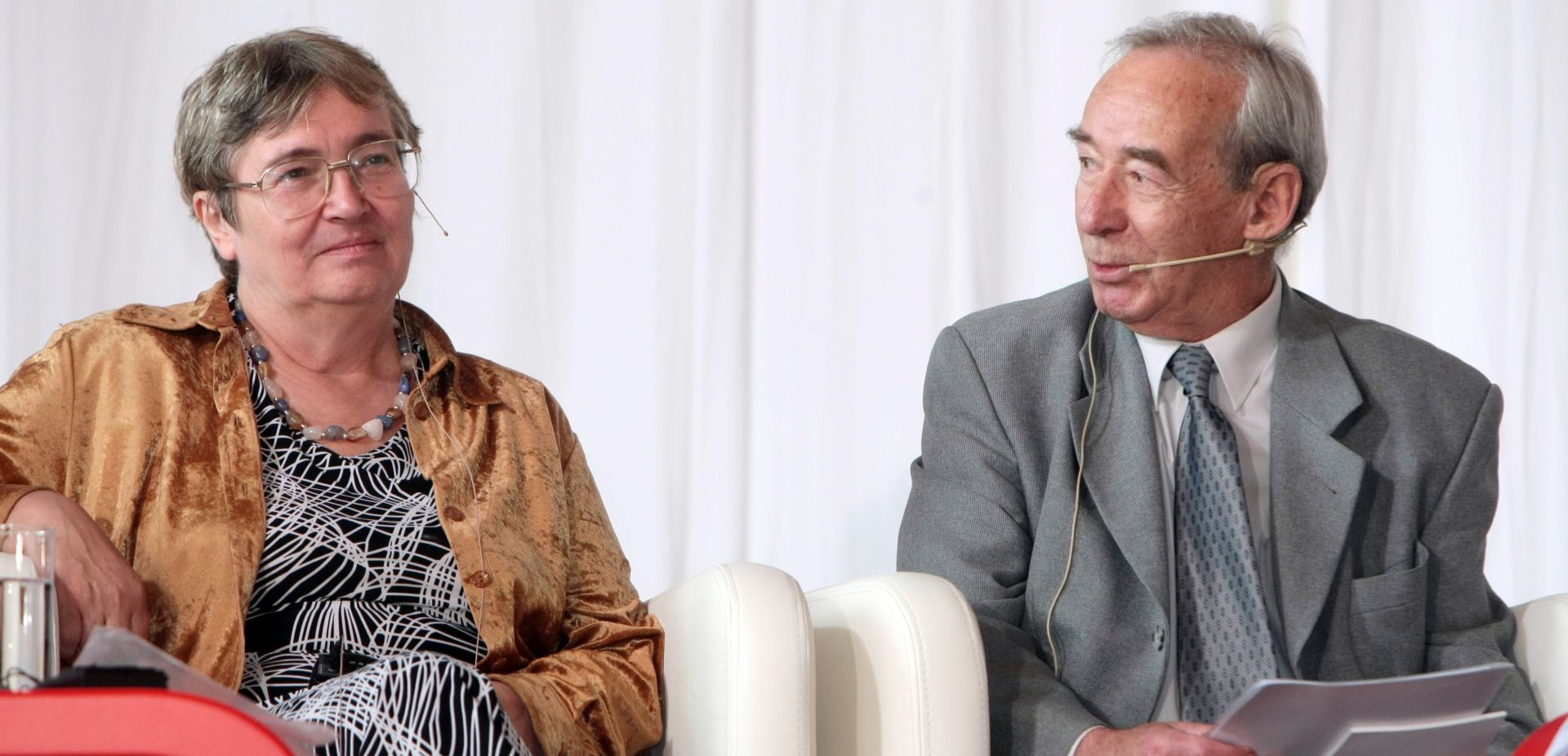
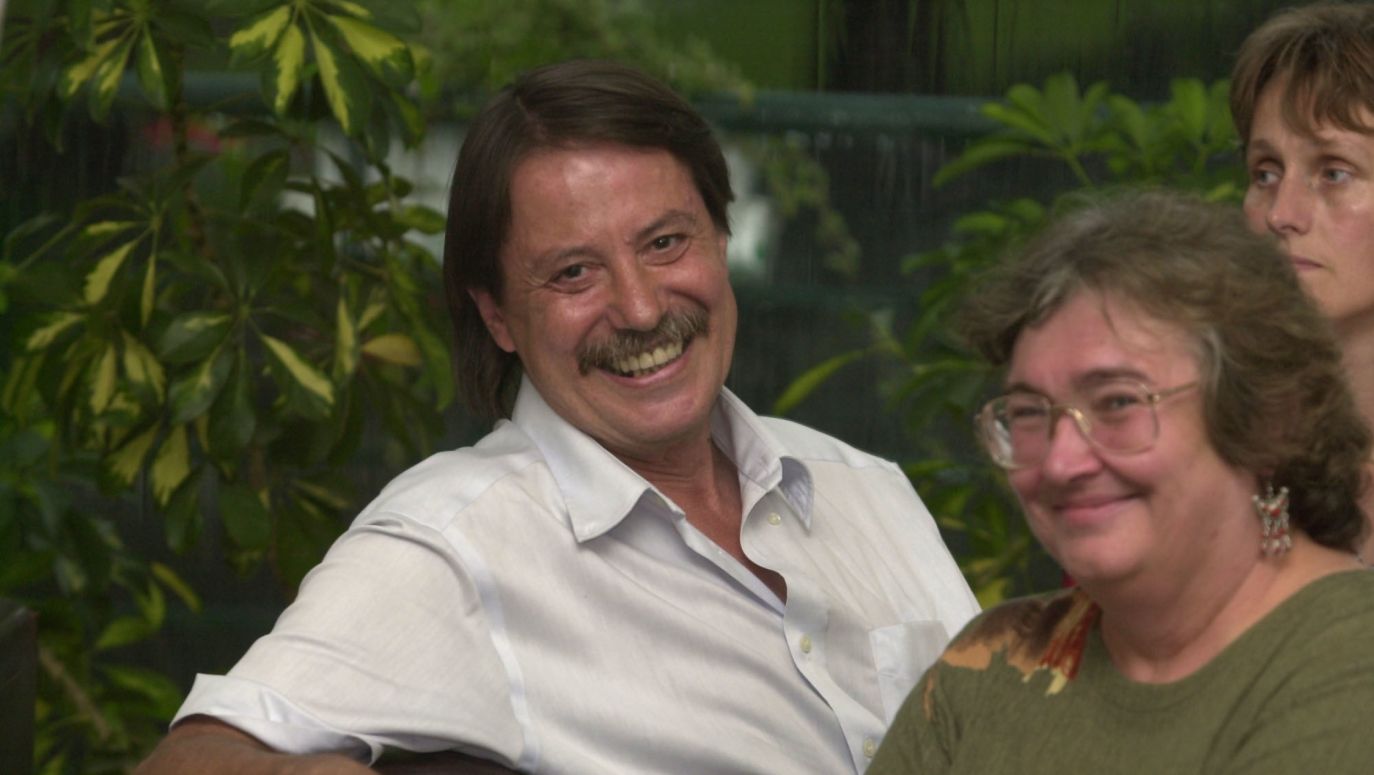
 SIGN UP TO OUR PAGE
SIGN UP TO OUR PAGE 
